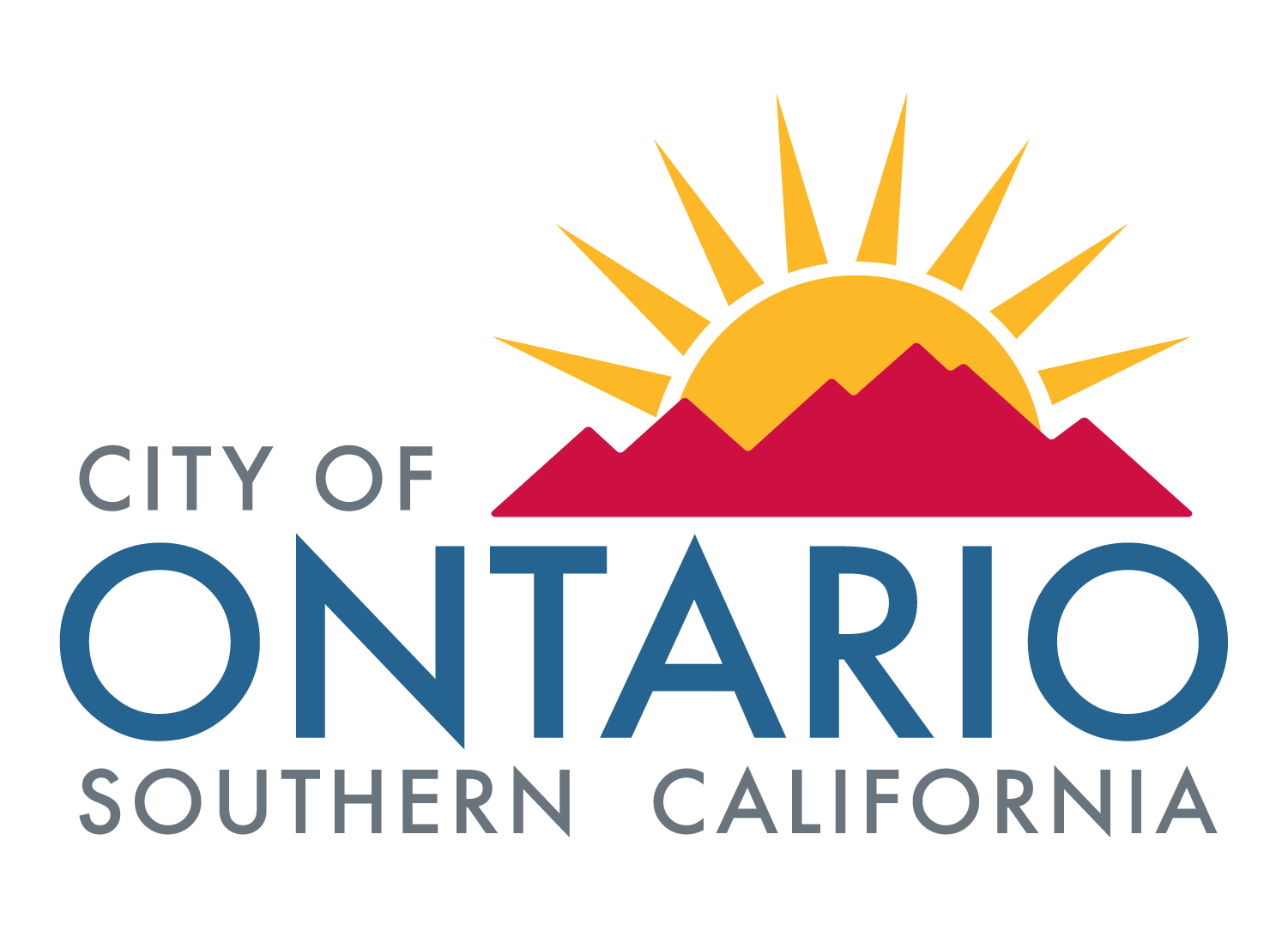Ontario's Community Improvement Department is here to ensure all of our neighborhoods are consistent with community standards and are in compliance with the Municipal Code. City staff conducts both systematic rental inspections and reactive inspections of residential areas. Homeowners or property owners found not in compliance with the provisions outlined in the Municipal Code and State Codes are subject to citation.
Ontario's Community Improvement Staff is not here simply to enforce these codes, but to work cooperatively with property owners and residents; both to meet the community standards and to create a quality living environment for our residents.
Front yards and any other areas visible to the public should be maintained on a regular basis in a clean and neat fashion. This includes the parkway area. The parkway is either: (1) the area between the sidewalk and the street; (2) the first eleven (11') feet back from the curb if there is no sidewalk; or (3) the first five and a half (5.5') feet back from the sidewalk, if the sidewalk is next to the street. The only maintenance the property owner is not responsible for is trimming branches on parkway trees that are out of reach from the ground. The parkway trees are owned by the City and can only be trimmed or removed by the City. All residences are required to have and maintain landscaping - bare dirt, dead vegetation and weeds are not considered landscaping. Residences adjacent to alleys are responsible for removing any accumulated litter, debris, discards and weeds. Landscaping that overhangs or grows from the property and impedes the public right-of-way must be trimmed back to the property line.
Any vehicles not stored inside a fully enclosed structure, such as a garage, must be operable and parked on a paved surface; loose rock or gravel is not a paved surface. Any of the following would define an inoperable vehicle: flat tire(s), missing tires, on jacks, dismantled, wrecked, weed growth at tires, junk piled on, in, around or under the vehicle, no license plate, expired registration, cobwebs, and an accumulation of dirt or dust indicating non use.
Semi-trucks and trailers, semi tractor, box trucks, flatbed trucks, tow trucks, and commercial equipment are prohibited on residential properties or residential streets except during delivery or at the time of service.
Fences, gates and garage doors must be kept in good working order and appearance, broken windows must be replaced, peeling paint and deteriorated paint must be repainted, deteriorated stucco must be repaired, crumbling driveways must be repaired or replaced and deteriorated or damaged roofs must be repaired or replaced. All graffiti must be removed from private property promptly. Pools filled with green or stagnant water must be drained or cleaned out immediately and must be properly secured to prevent unauthorized access from the public.
Storage of household items in public view is not permitted. Discards, trash, and debris must be removed from the property promptly. In addition to being unsightly, such items attract rodents and can be a fire hazard. If you have a problem with rodents that seems to be caused by a problem that is beyond your ability to control, call West Valley Mosquito and Vector Control District for assistance. All trash receptacles and recycling containers must be stored in the rear yard or out of public view, except when placed out for trash collection at the appropriate time.
Residents and homeowners deserve to live in tranquil surroundings. Residential neighborhoods are places where people live - not work. Commercial or industrial activities, such as auto repair, storage of business materials or equipment, and dispatching trucks or employees, may not take place at your home. Certain types of businesses are permitted as home-based businesses; however, there are restrictions these businesses must follow. For additional information, contact the City of Ontario Planning Department at (909) 395-2036.
Animal waste must be cleaned up in a prompt and regular manner in order to eliminate odor and sanitation problems. Barking dogs, day or night, are a disturbance and should be controlled. A maximum of three adult dogs and/or three adult cats may be kept at a residence unless the property is specifically zoned for other animals. Crowing fowl (roosters, peacocks, etc) are prohibited throughout the city, and chickens are prohibited outside of Agricultural Residential Zones.
Accessory structures such as workshops, storage buildings, and garages are not designed to be used as living areas. These structures often lack adequate lighting, ventilation and fire exits, and may not have been properly inspected for compliance with building code regulations. Living or sleeping in an accessory structure is not allowed. Recreational vehicles and trailers may be used as dwellings only if you are in an approved trailer park.
As you can see, these community standards can be of great benefit to you and your neighborhood. They preserve the quality of life in your neighborhoods and help preserve property values. These codes apply to both property owners and renters. Residents are encouraged to maintain their property according to the community standards, and not let the property they live in deteriorate to a condition that would be considered a public nuisance, a health or safety threat or fire hazard.
Ontario's Community Improvement staff is dedicated to upholding the regulations set forth by the Ontario Municipal Code.

